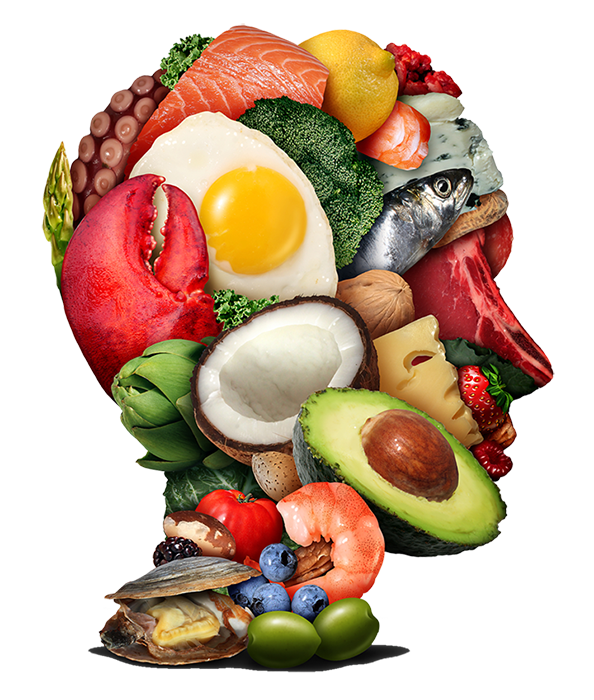Community nutrition initiatives

Objective :
To contribute to good nutrition using fish as the food vehicle to improve diet quality of women, children and households in the targeted Counties
GoK is promoting aquaculture and the use of fish products to enhance national food security. Kenya’s 2014 -2017 National Nutrition Action Plan recognizes fisheries as one of the major sectors that contribute to the goals of the national nutrition agenda. In support of this aim, the Programme would contribute to an increase in annual fish consumption as well a good nutrition outcome by overcoming two key constraints: low availability and affordability of fish, especially for poor households; and culturally grounded practices that limit fish consumption.
This will be achieved through :
a) Nutrition knowledge, curriculum and training materials development
The Programme will fund nutrition surveys and studies on topics agreed upon with SDF&BE to test fish-related issues in rural diet and nutrition. In collaboration with other associated GoK technical agencies, the Programme will contribute to an updating and overhaul of the nutrition elements of the primary and secondary school curricula to the benefit of the whole national school population. A form of junior farmer field schools is envisaged in this activity in collaboration with FAO.
A range of fish- and nutrition-related communication materials, including posters, hard copy information leaflets and recipes in appropriate languages, short video presentations and radio features, will be commissioned to support the rural community nutritio n campaigns. The materials would be utilised primarily by the Programme field staff but also be made available to the concerned technical units of non-ABDP Counties. This activity will build on the lessons of nutrition awareness IEC materials used in the FAO-supported intervention “Smart Fish Programme”.
b) Community nutrition actions.

Fish fairs staged in each interested community or cluster of communities will aim at promoting fish consumption, with a specific focus on catfish processing and value addition. The fish fair events will involve awareness-raising messages using television and radio programmes, interactive drama during a fish fair event in a school or community and/or an “Eat more fish campaign” targeting local hotels with IEC materials such as table mats with fish information; community fish cooking trainings and competitions; and community road show caravans to promote fish consumption.
c) ABDP supported Fish feeding programme

This will build on positive experiences with school fish ponds in the country, including ponds developed under the ESP. The identification of beneficiary schools will focus on public schools within the Programme area with a high proportion of malnourished and poor children as well as poor school attendance records and on schools with ongoing school feeding programmes established by GoK, WFP, FAO or other partners. Each participating school will be linked to the extension services to promote fish production, inclusion of fish in school meals and skills building in fish preparation.
The purpose of this intervention is to contribute to school meals and raise awareness on the nutritional benefits of fish, with a spill-over effect on the promotion of fish consumption from school children to family members at home. ABDP will explore synergies with other relevant stakeholders and sectors. The aim is to demonstrate to schools the benefits of fish farming and fish utilization for sustainability.


